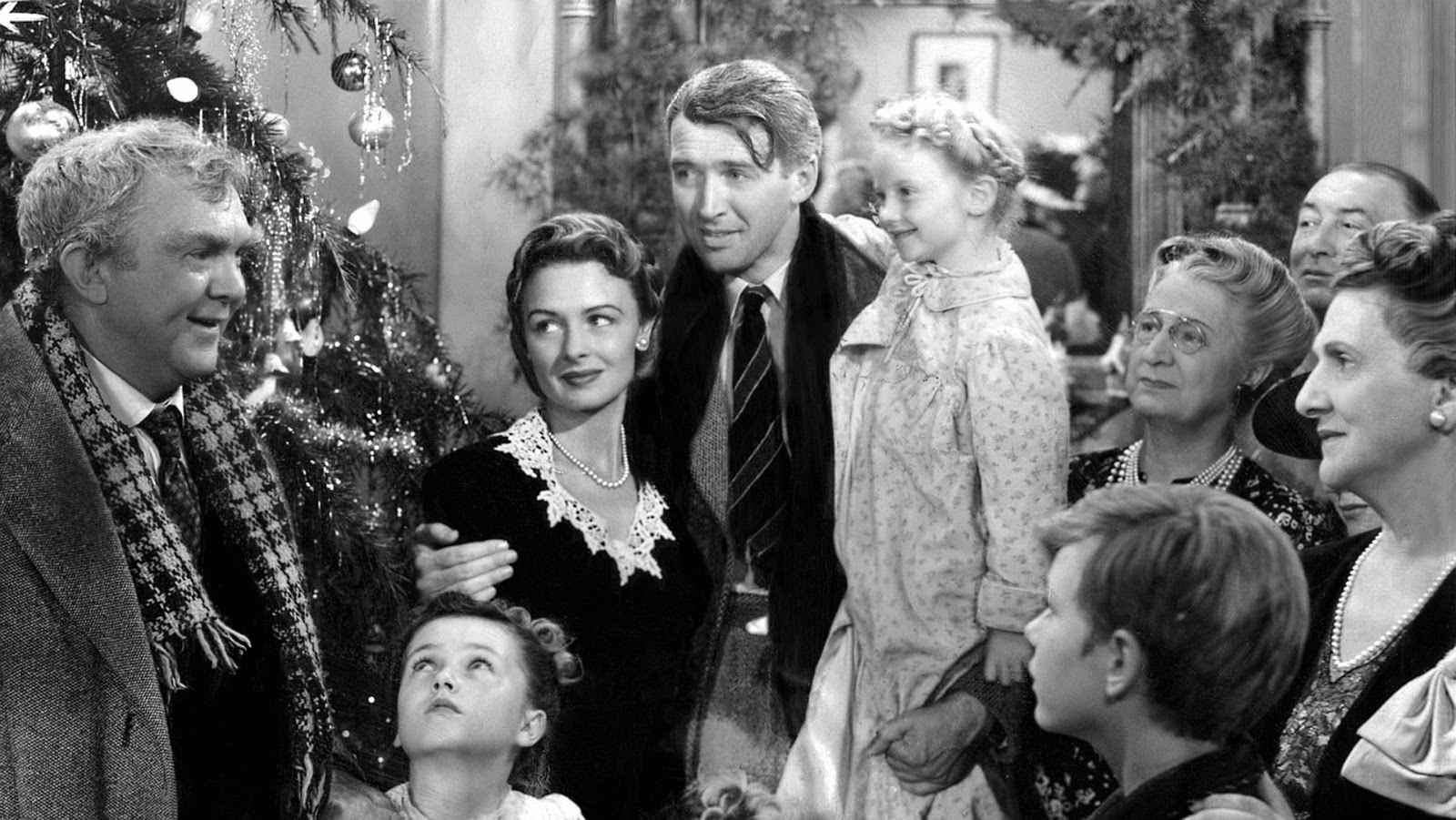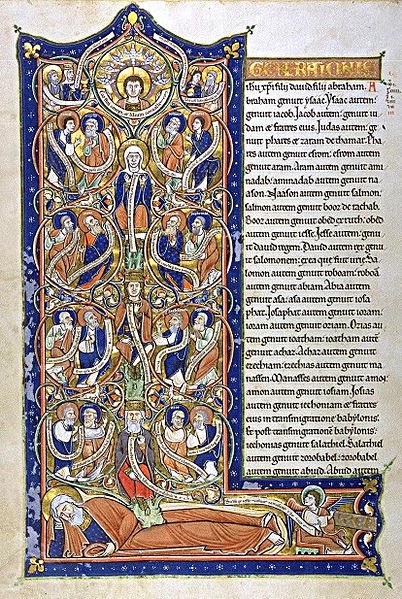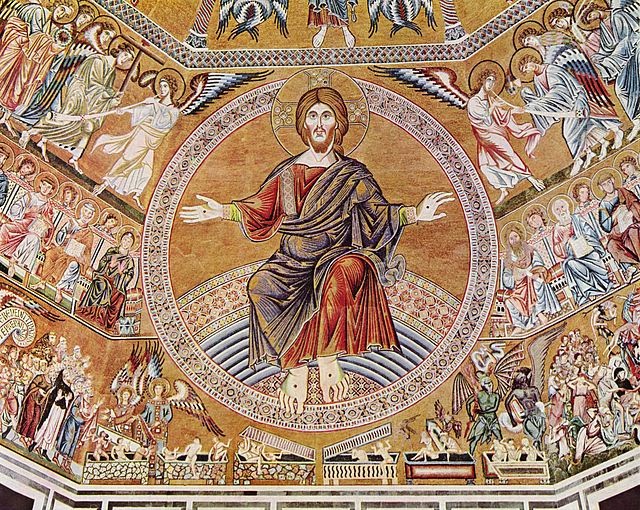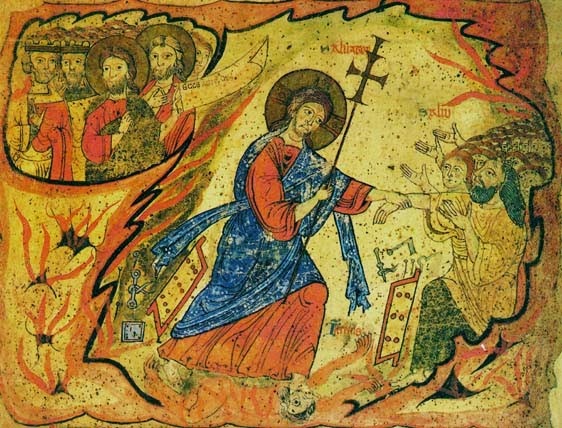Saint Zdislava - Open to God, Open to the Poor
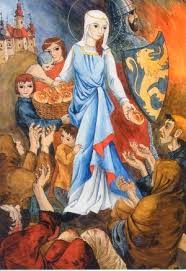
I was hungry and you gave me food, I was thirsty and you gave me drink, a stranger and you welcomed me, naked and you clothed me, ill and you cared for me. —Matthew 25:35-36 In 1995, Saint John Paul II canonized two very different saints from the Czech Republic. The first was Jan Sarkander , a Jesuit priest and martyr who was killed by militant Protestants in 1620, partly because he refused to reveal what he had heard in the confessional. The other person canonized in that ceremony was Zdislava (or Zedislava) of Lamberk, a wife and mother whose commemoration is celebrated on January 1. Zdislava was born in the early part of the thirteenth century in Bohemia (now part of the Czech Republic). There are stories about her piety as a child and of her desire to live a life of prayer and solitude. However, her family prevailed upon her to marry Count Havel of Lamberk, with whom she had four children. Zdislava lived a life centered on prayer and charity. She was especially devoted...
